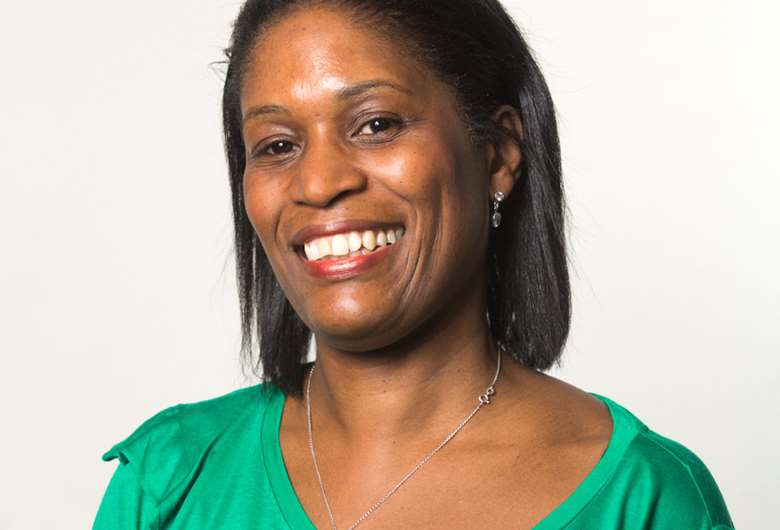The early years has more to do to embrace diversity
Laura Henry
Monday, April 4, 2016
Is the early years sector really diverse? Laura Henry is not so sure.

The recent debate on the lack of diversity in nominations at the Oscars, Baftas and recently the Brit Awards has made me reflect on the role of diversity within early years and education as a whole.
Is the early years sector diverse? I would say no and we could do more.
We do indeed need to explore further what we mean by diversity and, contrary to belief, it’s not only linked to race – we must also include disability, sexuality, age, colour, creed, marital status, ethnic or national origin, political belief, class, gender and religion.
The question is, how do we embrace diversity within the early years? There already exists specific employment and equality legislation that ensures individuals are not discriminated against.
Over recent years, colleagues such as David Wright, June O’Sullivan et al have raised awareness of the importance of men in childcare. However, this is not enough and more needs to be done as a sector, exploring diversity on many levels.
For instance, is there a balance across managers, senior staff, directors, CEOs? Turning our attention to ‘expert groups’, such as panels, board members, trustees, speakers, members and advisors, do these encourage diversity or do we always go with the safe option of the ‘usual suspects’ without looking to include a wider range of individuals? For instance, working parties should have a diverse range of members – a range of voices makes a great difference, adding unique personal and professional experiences to discussion that can potentially influence change.
For decades, Jane Lane has worked passionately and tirelessly on the issue of race and equality within early years. However, the sad fact is that there is still not a level playing field within the sector.
I believe that as a sector, at times we don’t feel comfortable discussing diversity issues for fear of ‘getting it wrong’ or ‘offending’. We are comfortable discussing other important early years issues, but not diversity. Only when we start having transparent and frank discussions will we be able to make positive changes.
We should also look at diversity within pedagogy practice and, yes, many settings do indeed have a range of equipment and resources that promote diversity. However, at times this can be tokenistic. Likewise, the current focus on promoting British values can be perceived only on a superficial level; for instance, only displaying a poster. I remember years ago the story of providers sharing their diversity equipment if they knew they were going to be inspected! The famous and thought-provoking ‘doll test’, which showed how young children from different races perceived themselves and others, is indeed alarming and prompts the question as to whether it is less about having a diverse range of equipment and resources and more about educators’ attitudes and beliefs when embracing and discussing important inclusion and diversity issues with young children.
Indeed, many commercial companies are embracing diversity and have diversity and inclusion high on their agenda. One such company, Ernst & Young (EY), has a specific position on diversity within its organisation, and states clearly on its website:
‘At EY, we believe only the highest-performing teams, which maximise the power of different opinions, perspectives and cultural references… Our focus on diversity and inclusiveness is integral to how we serve our clients, develop our people and play a leadership role in our communities.’
In her 2012 review, Professor Cathy Nutbrown articulated on progression for all, in relation to black and minority ethnic (BME) groups, calling for: ‘Viable progression routes for all members of the workforce with the drive and skills to succeed.’ She also gave a frank recommendation within her review: ‘The Department for Education should conduct research on the number of BME staff at different qualification levels, and engage with the sector to address any issues identified.’
To my knowledge, the DfE has not conducted research that links to this recommendation. I would urge the department to carry out this research to help the sector to honestly reflect on where we are with diversity and inclusion, from pedagogy practice to all levels of leadership.
Laura Henry Consultancy




